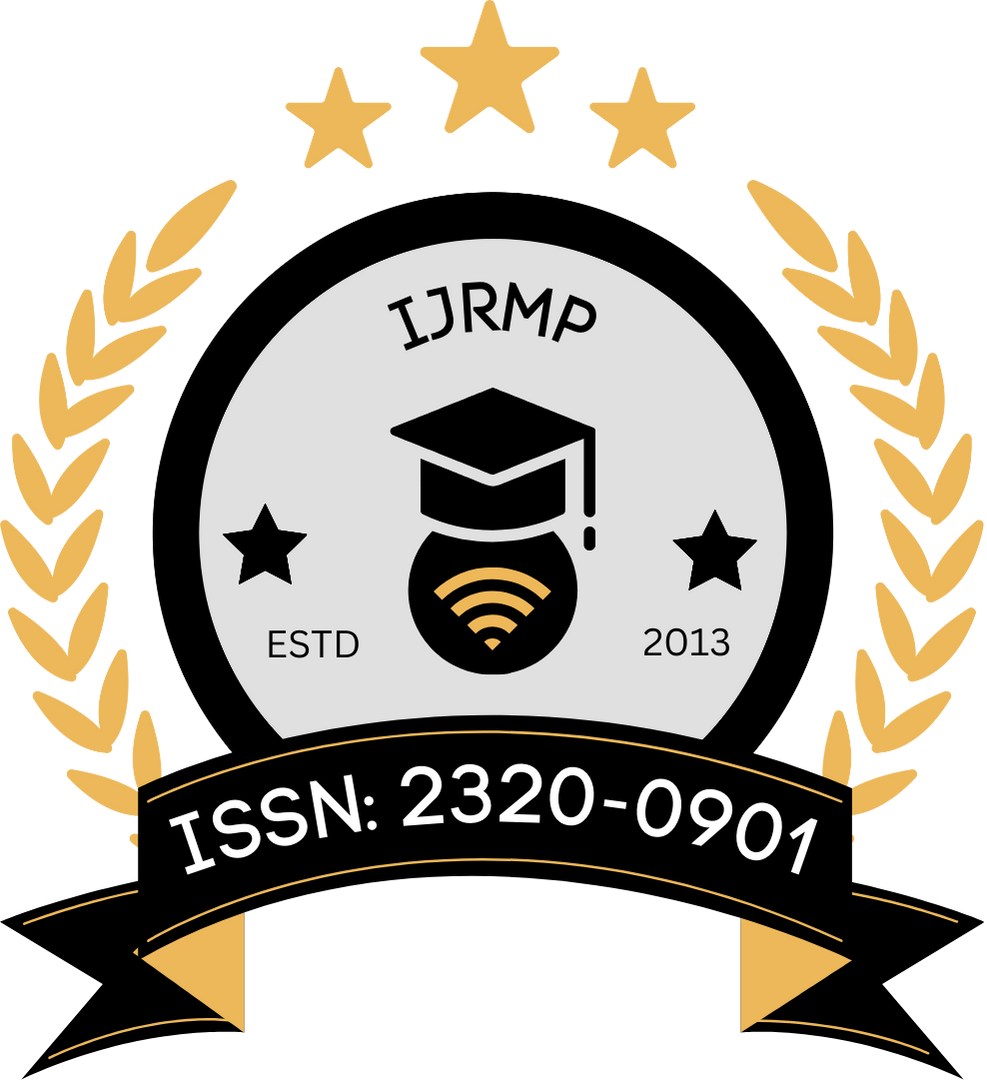![]()
Lavanya Sriram
Independent Researcher
Tamil Nadu, India
Abstract
Clinical trial recruitment is a complex endeavor, particularly in mid-stage trials (Phase II), where participant motivation, therapeutic promise, and ethical clarity converge. Effective marketing strategies are essential to ensure timely enrollment without compromising participant autonomy or ethical standards. This study evaluates various ethical marketing strategies employed in mid-stage clinical trials, emphasizing transparency, community engagement, informed consent, and patient-centered communication. The research explores the intersection of regulatory compliance and persuasive outreach by analyzing past trials, academic publications, and institutional protocols. Findings suggest that ethical marketing not only enhances recruitment rates but also improves participant trust, retention, and overall trial integrity. This manuscript contributes to refining recruitment practices by advocating for ethically sound and scientifically valid communication strategies in clinical trial marketing.
Keywords
Clinical trial recruitment; Mid-stage trials; Ethical marketing; Informed consent; Patient engagement; Phase II trials; Recruitment strategies; Health communication; Trial integrity; Clinical ethics
References
- Emanuel, E. J., Wendler, D., & Grady, C. (2000). What makes clinical research ethical? JAMA, 283(20), 2701–2711.
- Grady, C. (2005). Payment of clinical research subjects. The Journal of Clinical Investigation, 115(7), 1681–1687.
- George, S., Duran, N., & Norris, K. (2014). A systematic review of barriers and facilitators to minority research participation among African Americans, Latinos, Asian Americans, and Pacific Islanders. American Journal of Public Health, 104(2), e16–e31.
- Israel, B. A., Schulz, A. J., Parker, E. A., & Becker, A. B. (1998). Review of community-based research: Assessing partnership approaches to improve public health. Annual Review of Public Health, 19(1), 173–202.
- Rothman, S. M., & Rothman, D. J. (2006). Marketing HPV vaccine: implications for adolescent health and medical professionalism. JAMA, 297(17), 1921–1923.
- Gelinas, L., Pierce, R., Winkler, S., Cohen, I. G., Lynch, H. F., & Bierer, B. E. (2017). Using social media as a research recruitment tool: Ethical issues and recommendations. The American Journal of Bioethics, 17(3), 3–14.
- Schulman, K. A., et al. (2002). A national survey of provisions in clinical trial agreements between medical schools and sponsors of research. New England Journal of Medicine, 347(17), 1335–1341.
- Sugarman, J., et al. (1998). Empirical research on informed consent. Hastings Center Report, 28(6), S1–S42.
- Kass, N. E., et al. (2003). Trust, the fragile foundation of contemporary biomedical research. Hastings Center Report, 33(3), 25–29.
- Tishler, C. L., & Bartholomae, S. (2002). The recruitment of normal healthy volunteers: A review of the literature on the use of financial incentives. Journal of Clinical Pharmacology, 42(4), 365–375.
